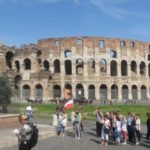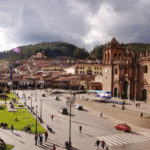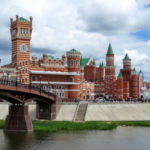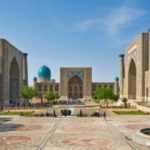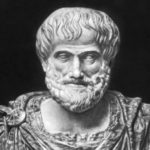Interesting facts about Athens
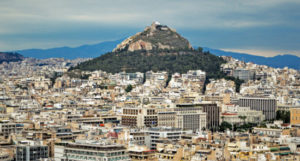 The ancient city of Athens, now the capital of Greece, has passed through countless centuries. Its historical part still retains the details of antiquity, and that is why hundreds of thousands of tourists come here every year. Now it is quite a modern large city, however, it is very different from most western cities. Perhaps that is why he is so popular. Who knows? But it is better to see it with your own eyes at least once.
The ancient city of Athens, now the capital of Greece, has passed through countless centuries. Its historical part still retains the details of antiquity, and that is why hundreds of thousands of tourists come here every year. Now it is quite a modern large city, however, it is very different from most western cities. Perhaps that is why he is so popular. Who knows? But it is better to see it with your own eyes at least once.
Of all the Greek cities that have survived from ancient times, Athens is one of the most ancient. In total, there were once about a thousand and a half cities-policies, each of which was in fact an independent state.
Despite such a considerable age, Athens is the youngest European capital. The city received this status only in 1834.
Almost 40% of the total Greek population lives in this particular city. A lot of people live in its suburbs.
The city was once named after the patron goddess Athena. According to legend, Athena and Poseidon competed for the right to patronize the city, but the inhabitants chose a goddess.
This form of government, like democracy, originated here. And it happened about two and a half thousand years ago.
The first Olympic Games in the world were held in Athens.
Among all the ancient Greek city-policies, no one could compete with this city, since its inhabitants had the most powerful and numerous fleet.
Theaters first appeared in Athens – theatrical art enjoyed great respect among the ancient Greeks.
Athens speak Russian. The Greeks themselves call the city “Athena”.
One of the most popular places among tourists visiting Greece is the Athenian Acropolis. This monumental building for more than two thousand years.
In this city and its surroundings, perhaps the largest number of archaeological surveys in the world.
In ancient Athens, the highest punishment was ostracism – the expulsion of a person from a city for a period of ten years. It was very difficult to survive alone outside the city in a country made up of often city-states that were hostile to each other.
At night, workers throw stones around the ancient Athenian Parthenon, so that tourists can take them with them, sincerely believing that they took a piece of the monument with them. If it were not for this, the Parthenon would have been taken apart for souvenirs. The authorities of Rome do likewise, scattering stones around the Coliseum.
Such a sport as a marathon race was invented in Athens.
During the reconstruction of the Athenian metro in 2004, more than 50,000 ancient artifacts of considerable value were discovered.
The first modern art museum in Athens appeared only in 2000.


